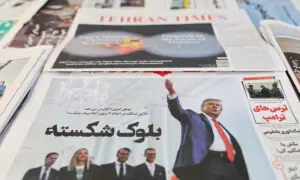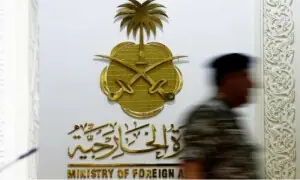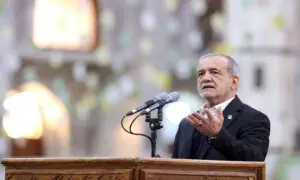After flag-seller attacks, Aug 11 litmus test for Balochistan
2 min readThe streets of Quetta are slightly subdued today Thursday, August 11, as people are waiting to see how the day unfolds. If it passes peacefully, then they will feel more confident about emerging to gear up to celebrate August 14, Independence Day.
It is quiet because a message was sent over the week from a separatist group that anyone selling Pakistan flags would be targeted.
On August 5, a man selling flags was killed on Joint Road at Dukani Baba Chowk and fourteen others were injured when men on a motorcycle lobbed a grenade at them. The same happened in Khuzdar on August 10.
Baloch separatists in general consider August 11 their independence day because of the events that unfolded in 1947. So August 11 is a Youm-e-Syah or black day for them.
One Quetta resident told Aaj Digital that the attacks on flag sellers have been taking place for several years, and they usually occur in the days leading up to August 14.
A little background to August 11
Balochistan was under British rule from 1839 to 1947. The Khan of Kalat was the ruler of Balochistan. Events leading to the merger of Balochistan with Pakistan were corrosive. Some details have been explained in the book Balochistan: from British rule to a province of Pakistan by Nizam Rahim Baloch (Routledge).
As Jinnah in a communiqué after a meeting with the Khan of Kalat and Lord Mountbatten on 11 August 11 1947 categorically accepted the independent status of Balochistan. When Jinnah changed his mind and offered the Khan of Kalat to accede to Pakistan, Balochistan’s legislative body rejected Jinnah’s offer. In March 1948, the Khan of Kalat was informed by the American ambassador to Pakistan that all of his fiduciary states (the princely states of Makran, Lasbela and Kharan) had acceded to Pakistan. The Khan showed great resentment as this action was against the agreement with Pakistan. On March 1948, Pakistani military entered coastal areas of Balochistan and the Khan was forced to sign the instrument with Pakistan. […] The first insurgency started in 1948 and was followed by four other waves of insurgency (1958–1959, 1963–1969, 1973–1977 and 2006–present).
























Comments are closed on this story.